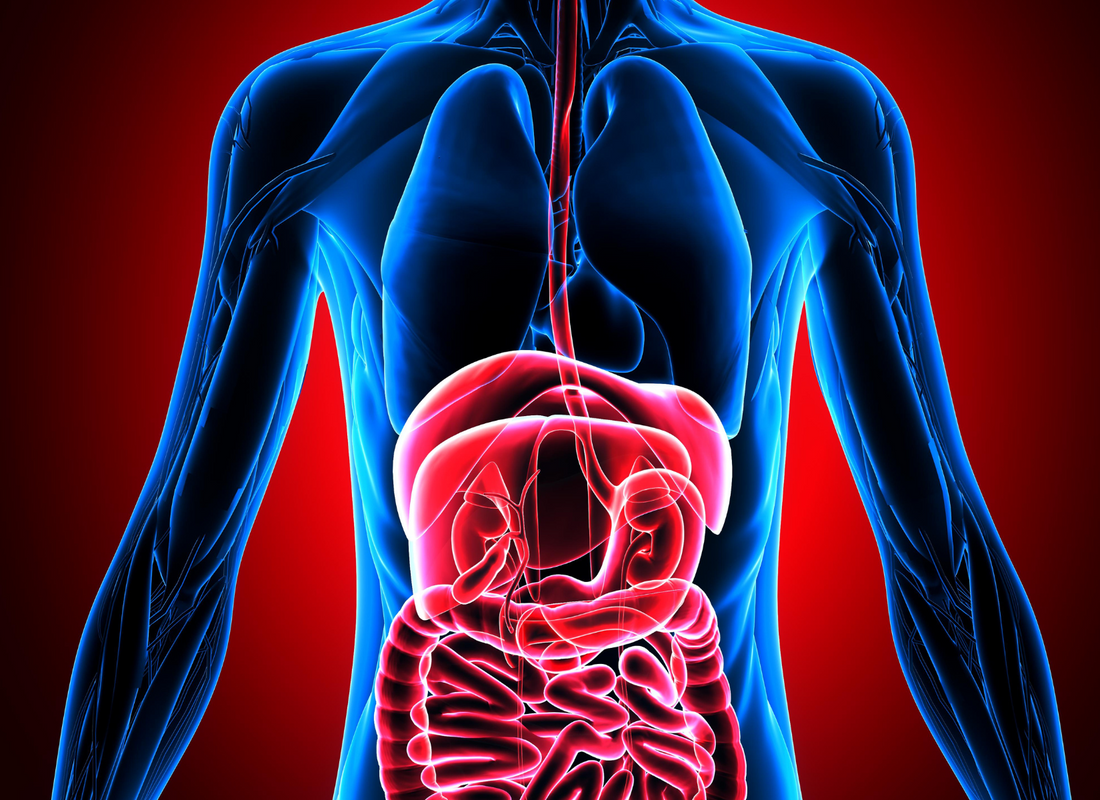Your gut and brain are in constant communication through what scientists call the gut-brain axis. A healthy digestive system produces neurotransmitters, regulates inflammation, and supports emotional balance. By nourishing your microbiome with the right foods, mindful practices, and restorative habits, you strengthen both physical digestion and mental well-being.
What Is the Gut-Brain Connection?
Most people think of emotional wellness in terms of therapy, meditation, or stress management, but your digestive system plays a powerful role.
Your gut is home to trillions of microbes that produce neurotransmitters such as serotonin and dopamine, the same chemicals that regulate mood, focus, and energy. Scientists call this communication network the gut-brain axis, which links your digestive system and nervous system in constant dialogue (Harvard Health).
Key insights:
-
Serotonin Production: About 90% of the body’s serotonin originates in the gut, directly influencing mood and clarity.
-
Microbiome Diversity: A diverse microbiome supports emotional stability and resilience to stress.
-
Inflammation and Mood: Chronic gut inflammation disrupts brain function and can contribute to anxiety, depression, or irritability.
By caring for your gut, you are indirectly caring for your mind.
How Does Nutrition Influence Mood and Emotional Balance?
Diet plays a central role in both gut and emotional health. Foods that nourish your microbiome can stabilize mood, reduce stress, and improve focus.
-
Probiotic-Rich Foods: Yogurt, kefir, kimchi, and sauerkraut introduce beneficial bacteria that enhance gut function.
-
Prebiotic Fiber: Garlic, onions, asparagus, and bananas feed healthy gut bacteria, creating a balanced ecosystem.
-
Hydration: Drinking water and herbal teas aids digestion and nutrient absorption, supporting brain health indirectly.
-
Balanced Nutrition: Whole foods with complex carbs, healthy fats, and lean proteins stabilize blood sugar and mood.
-
Limit Processed Foods and Sugar: Highly processed foods disrupt gut bacteria, increase inflammation, and contribute to emotional imbalance.
A gut-friendly diet sets the stage for resilience, clarity, and emotional strength.
What Mindful Practices Support Gut and Mental Health?
Lifestyle practices don’t just calm the mind, they also influence digestion. Stress reduction and mindful awareness improve how your body processes and absorbs nutrients.
-
Deep Breathing: Activates the parasympathetic nervous system, slowing heart rate and stimulating digestive efficiency (APA).
-
Guided Meditation: Research shows meditation lowers cortisol, reduces inflammation, and benefits the gut indirectly (Mayo Clinic). You can also explore focused sessions in the inHarmony music meditations app to combine relaxation with immersive sound.
-
Vibroacoustic Therapy: Relaxing on inHarmony relaxation furniture uses sound and vibration to calm the nervous system, reduce tension, and support digestive health.
-
Mindful Eating: Chewing slowly, noticing flavors, and listening to your body’s signals improves digestion, nutrient absorption, and satisfaction with meals.
Even a few minutes of mindful practice daily strengthens the gut-brain connection.
What Lifestyle Habits Strengthen the Gut-Brain Axis?
Beyond nutrition and mindfulness, daily habits shape your gut microbiome and emotional resilience.
-
Consistent Sleep: Poor sleep disrupts gut bacteria and increases stress hormones. Quality rest restores both gut balance and mood regulation (NIH).
-
Regular Movement: Exercise boosts gut motility, balances microbiota, and releases endorphins that support emotional wellness (Harvard Health).
-
Stress Management: Chronic stress alters gut composition. Relaxation practices such as meditation, walking, or stretching help regulate gut-brain communication.
Building these habits ensures long-term digestive and emotional health.
Daily Flow for Gut and Emotional Balance
Here’s a simple way to integrate gut-healthy and mind-healthy practices throughout your day:
- Morning: Spend 5–10 minutes in guided meditation, focusing on breath and intention.
-
Midday: Choose a gut-friendly lunch with prebiotic fiber and fermented foods. Practice mindful eating.
-
Afternoon Reset: Take a short walk or stretch break to support digestion and reduce cortisol levels.
-
Evening: Unwind with journaling or reflective meditation using the inHarmony music meditations app.
This rhythm reinforces the gut-brain connection and builds emotional resilience.
Emotional Wellness Begins in the Gut
Your digestive system is more than a place where food is processed. It is a command center for mood, clarity, and emotional stability. By nourishing your microbiome with balanced nutrition, practicing mindfulness, and cultivating restorative daily habits, you create a powerful foundation for long-term well-being.
Supporting both your gut and your mind helps you thrive with resilience and emotional balance every single day.
FAQs About the Gut-Brain Connection
Q: What is the gut-brain axis?
A: It is the communication network between your digestive system and brain, allowing the two to influence mood, stress levels, and overall well-being.
Q: How much serotonin comes from the gut?
A: About 90% of serotonin is produced in the digestive system, making gut health vital for mood regulation.
Q: What foods are best for gut and emotional health?
A: Probiotic foods like yogurt and kimchi, prebiotic fiber like garlic and bananas, and balanced whole-food meals.
Q: Can stress affect digestion?
A: Yes. Chronic stress disrupts the gut microbiome and slows digestion, while mindfulness and meditation improve both gut and emotional health.
Q: How can I start improving my gut health today?
A: Add more fiber-rich foods, stay hydrated, practice mindful eating, and explore relaxation practices like meditation or vibroacoustic therapy.












